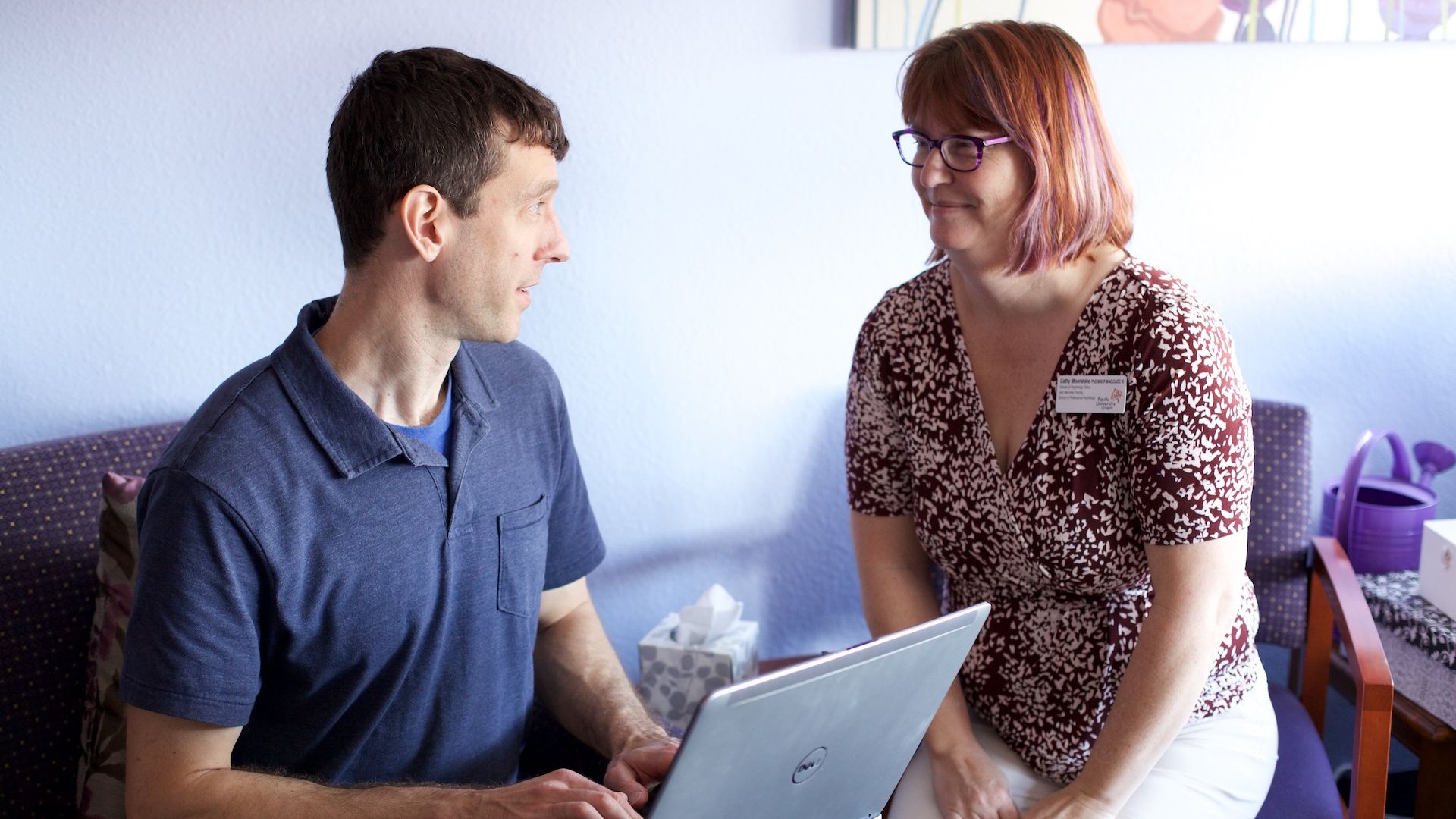Why Earn a Master’s in Applied Clinical Psychology?
Students in the applied clinical psychology master’s program at Pacific University learn the skills needed to provide responsible and ethical clinical mental health services. Throughout the two-year program students explore the impact of cultural, biological, social, emotional, cognitive and behavioral factors on psychological phenomena. Students build the strong theoretical and empirical foundation needed for clinical and methodological skills that can be utilized in a number of clinical settings. The first year of the applied clinical psychology master’s program consists of coursework only; the second year consists of a small class load, a clinical practicum, and a research project.
What Can You Do with a Master’s in Applied Clinical Psychology?
The terminal master’s program in applied clinical psychology at Pacific University is designed to prepare students for employment or to be a competitive applicant for psychology doctoral programs. Graduates of the applied clinical psychology master’s program will be employable as a Qualified Mental Health Professional (QMHP), consultant, or similar job descriptions. Graduates may also be eligible for licensure as a mental health practitioner depending on specific state requirements. In Oregon, graduates meet educational requirements for licensure as a Licensed Professional Counselor.
Master’s in Applied Clinical Psychology Research Project
Students in the applied clinical psychology master’s program at Pacific University complete either a quantitative thesis or a qualitative evidence-based practice sample. The thesis project is completed individually with a core faculty member as chair. The qualitative evidence-based practice sample is a clinical case study completed in conjunction with practicum under the guidance of a core faculty member in a seminar format.
Master’s in Applied Clinical Psychology Assistantships
Pacific offers several assistantship opportunities for second-year students in the applied clinical psychology master’s program. Options include assisting a faculty member with class, research, and administrative activities, or working with master’s students in a lab course as a teaching assistant.
Interprofessional Concentration
Pacific’s School of Graduate Psychology provides opportunities for students to explore models of person-centered healthcare and gain the skills to practice in a changing healthcare environment. Students who choose to pursue interprofessional experiences beyond what is required by their degree program can earn the Concentration in Interprofessional Education, offered by the College of Health Professions. This formal recognition is documented on transcripts as a specialization, indicating that students have gained specific competencies in interprofessional education.
"Pacific was always my top school because of the excellence of the academic program, but what I specifically loved about the MA program was the way it combined clinical experience in equal proportions to research opportunities. The faculty also made a major impression on me in how professional, yet approachable, they were. I knew that I would learn from people who have a tremendous amount of knowledge and passion for the industry."
— Tebra Hansing ‘24
School of Graduate Psychology
503-352-7277 | Fax: 503-352-7320
190 SE 8th Ave., Ste. 260
Hillsboro, OR 97123
Admissions
Catherine Martin | Assistant Director of Graduate and Professional Admissions
503-352-3631 | psych.masters@pacificu.edu
The Master’s in Applied Clinical Psychology is nationally accredited by the Masters in Psychology and Counseling Accreditation Council (MPCAC) through August 2027. The master's degree is designed to meet the educational requirements for applying for licensure in these states. Student outcome data is available here. Student learning outcomes and additional curriculum information is available in the academic catalog.






